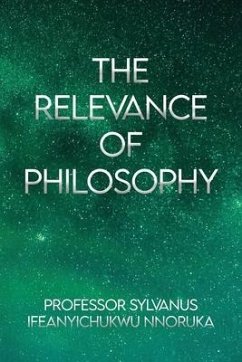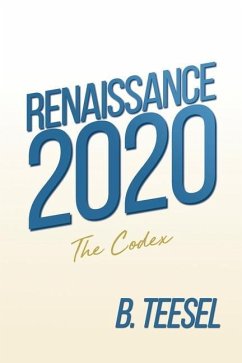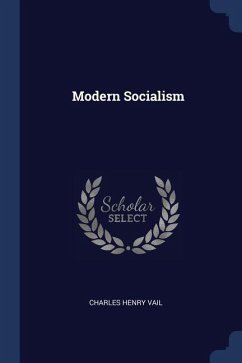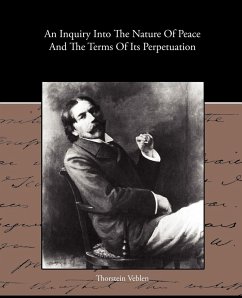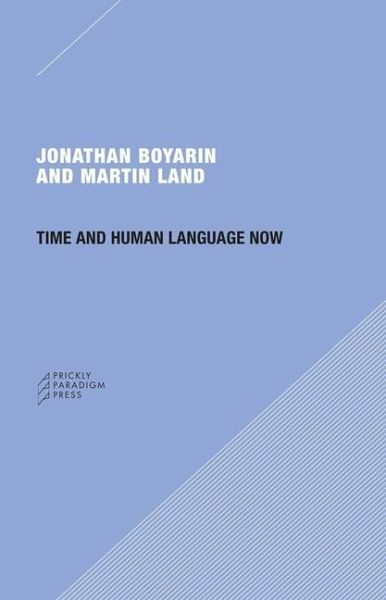
Time and Human Language Now
Versandkostenfrei!
Versandfertig in über 4 Wochen
11,99 €
inkl. MwSt.

PAYBACK Punkte
6 °P sammeln!
What can you say after you say that the world--or at least human life on it--looks like it's nearing its end? How about starting with wonder at the possibility that dialogue and subjectivity--the bases of human language--are possible now? In "Time and Human Language Now" two lifelong friends share, in the form of a long-distance e-mail correspondence, a conversation about the relation between cosmos and consciousness, and about the possibility of being responsibly open toward the future without either despair or unreasoning hope. The urgency that underlies this dialogue is the conviction that ...
What can you say after you say that the world--or at least human life on it--looks like it's nearing its end? How about starting with wonder at the possibility that dialogue and subjectivity--the bases of human language--are possible now? In "Time and Human Language Now" two lifelong friends share, in the form of a long-distance e-mail correspondence, a conversation about the relation between cosmos and consciousness, and about the possibility of being responsibly open toward the future without either despair or unreasoning hope. The urgency that underlies this dialogue is the conviction that there can only be reason for hope if the members of homo sapiens can learn--soon--how vital and astonishing is the phenomenon of shared human presence through language.




